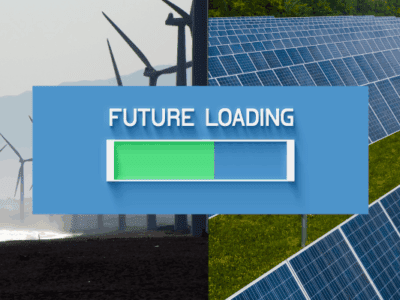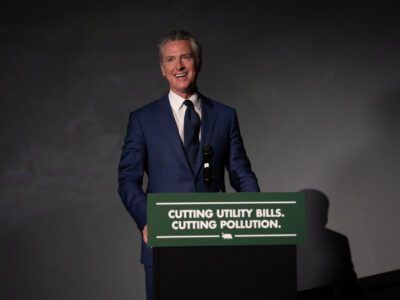Emergency Powers Aren’t What They Used to Be
In the post-WW2 era, courts bent over backwards to accomodate emergency actions. Not true today, as Trump is finding out.
In mid-century America, emergency powers were truly potent. But those days are gone. In his two terms as President, Trump has declared 21 national emergencies, including eight since January 20. This glut of “emergencies” can only further discredit the whole concept. He and his advisors seem to see those as creating nearly magical legal powers, allowing them to deport people without hearings, run roughshod over environmental safeguards, and impose tariffs willy-nilly. They are probably in line for a disappointment. Judges are no longer in awe of emergency powers.
The decline began with the War on Terror. After 9/11, Bush and his advisors turned to World War II precedents that seemed to give carte blanche in dealing with the crisis. Courts had rarely questioned the use of wartime powers, and precedents allowed prisoners to be detained abroad with few rights and little legal recourse. Much to the White House’s surprise, the Supreme Court refused to fall into line. It gave due process rights to detainees at Guantanamo and rebuffed an effort by Congress to limit their access to habeas corpus.
The next big crisis was COVID, a true national emergency resulting in the death of a million Americans. Yet the Supreme Court repeatedly ruled that President Biden had overstepped his powers in addressing the emergency. It held (wrongly, in my view) that a national vaccine mandate was illegal, and more defensibly that an eviction moratorium and student loan forgiveness exceeded his emergency powers.
So far, the courts don’t seem to be rolling over for Trump’s current “emergency” efforts. The most revealing litigation has related to summary deportations based on the 1798 Enemy Aliens Act. The Supreme Court ruled without even hearing oral argument that the detainees have access to habeas corpus and have the right to a hearing before being deported. A lower court judge appointed by Trump has since ruled that the 1798 law does not apply at all. This lack of judicial deference is even more striking because national security and foreign affairs are near the core of presidential authority.
Courts need to be careful in trimming back emergency powers. Despite Trump’s abuse of emergency powers, there are actual emergencies that do require immediate and sometimes creative responses. But that’s no reason why the magic words “national emergency” should give the President power to do whatever he wants, whenever he wants.
That’s especially true of a President for whom everything seems to qualify as an emergency, with little or no factual backing. Courts should not let him get away with using an imaginary energy emergency to run roughshod over environmental laws.
Reader Comments
One Reply to “Emergency Powers Aren’t What They Used to Be”
Comments are closed.







Dan, one more try, please get Legal Planet’s environmental experts to communicate information like this directly to We The People to educate and motivate us to demand that our politicians implement your recommendations immediately to protect the human race from further disasters that are destroying our civilization.